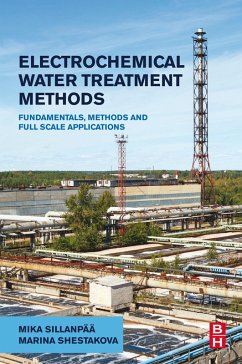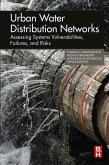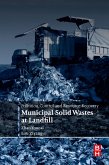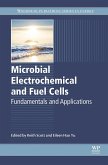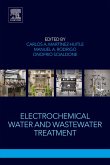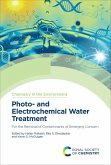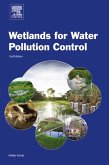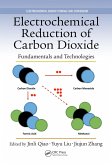Electrochemical Methods for Water Treatment: Fundamentals, Methods and Full Scale Applications covers all traditional, emerging and combined methods currently available for the treatment of surface, drinkable water and industrial wastewater. Topics covered include an overview of pollutants and treatment methods, an extended introduction to electrochemical processes in water treatment, electrochemical oxidation (including electrodesinfection, electrochemical reduction, electrocoagulation, electroflotation, and electrodialysis. In addition, emerging and combined methods are presented, as is a discussion on the available equipment necessary to scale up the operation of all methods.
Electrochemical technologies have many common issues in terms of design, operation and performance. This book brings together a wealth of information on all different methods in a single source to provide broad insights and enable the connection between challenges and opportunities for different methods. The combination of technical information, design and case studies offered helps researchers better understand the challenges associated with scale up and implementation.
Electrochemical technologies have many common issues in terms of design, operation and performance. This book brings together a wealth of information on all different methods in a single source to provide broad insights and enable the connection between challenges and opportunities for different methods. The combination of technical information, design and case studies offered helps researchers better understand the challenges associated with scale up and implementation.
- Covers all electrochemical methods for water treatment
- Includes methods for the treatment of surface, drinking water and industrial wastewater
- Presents discussions on equipment in the context of scaling up the operation
Dieser Download kann aus rechtlichen Gründen nur mit Rechnungsadresse in A, B, BG, CY, CZ, D, DK, EW, E, FIN, F, GR, HR, H, IRL, I, LT, L, LR, M, NL, PL, P, R, S, SLO, SK ausgeliefert werden.

